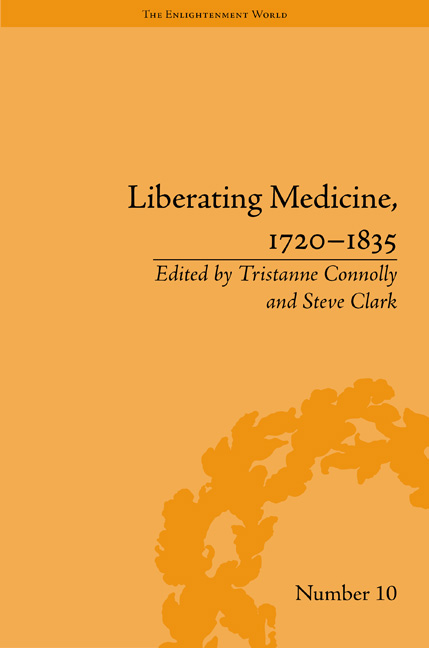Introduction
Summary
Samuel Johnson, in Lives of the Poets, unites medicine, poetry and politics in his description of the early career of Mark Akenside:
He published, soon after his return from Leyden (1745), his first collection of odes; and was impelled by his rage of patriotism to write a very acrimonious epistle to Pulteney, whom he stigmatises, under the name of Curio, as the betrayer of his country.
Being now to live by his profession, he first commenced physician at Northampton, where Dr. Stonhouse then practised, with such reputation and success, that a stranger was not likely to gain ground upon him. Akenside tried the contest a while; and, having deafened the place with clamours for liberty, removed to Hampstead, where he resided more than two years, and then fixed himself in London, the proper place for a man of accomplishments like his.
At London he was known as a poet, but was still to make his way as a physician.
Publication of poetry and qualification as a physician occur in tandem; we see Akenside striving to be recognized as a professional in the parallel worlds of literature and medicine. However, there is also tension, even opposition, between these worlds. He succeeds as a poet but lags behind as a doctor. Writing ‘acrimonious epistle[s]’ and setting up deafening ‘clamours for liberty’ seem to go hand in hand with medical interests, but not so much with career advancement. Johnson goes on to detail Akenside's efforts to put himself forward in London: he became a member of the Royal Society and the College of Physicians; ‘in conversation, he very eagerly forced himself into notice by an ambitious ostentation of elegance and literature’, and in his medical writing also; ‘his Discourse on the Dysentery (1764)’ of all things ‘was considered as a very conspicuous specimen of Latinity, which entitled him to the same height of place among the scholars as he possessed before among the wits’. Here a ticket to metropolitan professional success as a writer and physician, eloquence on dysentery certainly seems an odd conjunction, and provides a striking illustration of the rhetorical flamboyance of eighteenth-century medical exposition.
- Type
- Chapter
- Information
- Liberating Medicine, 1720–1835 , pp. 1 - 10Publisher: Pickering & ChattoFirst published in: 2014



